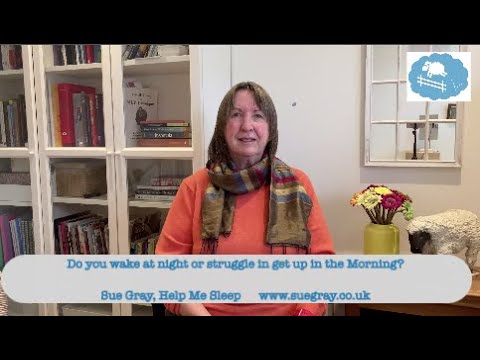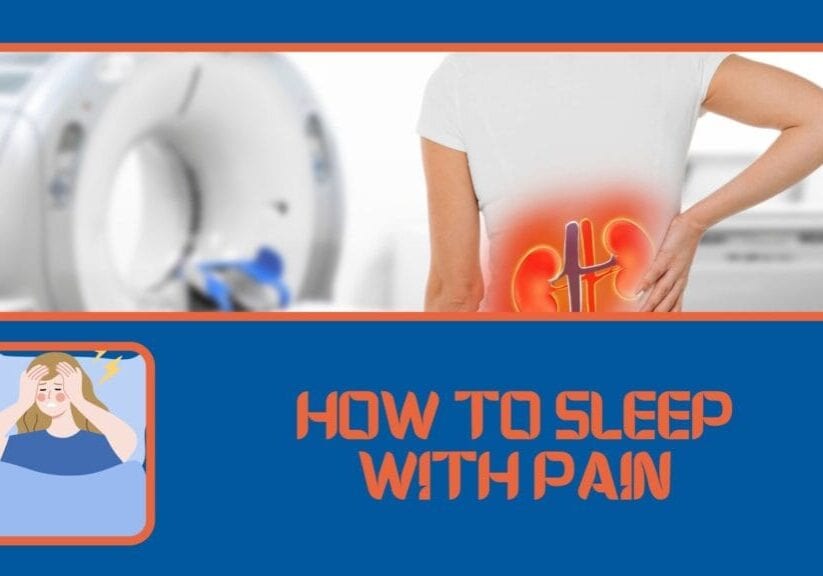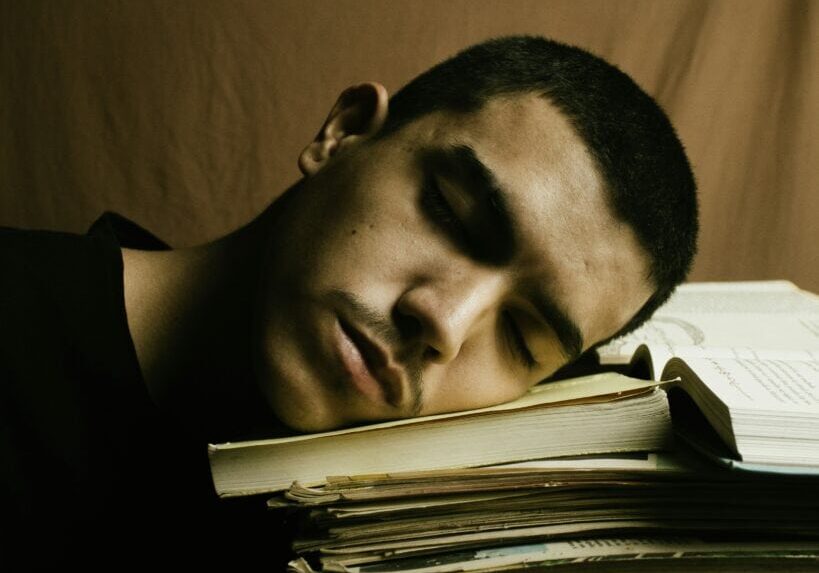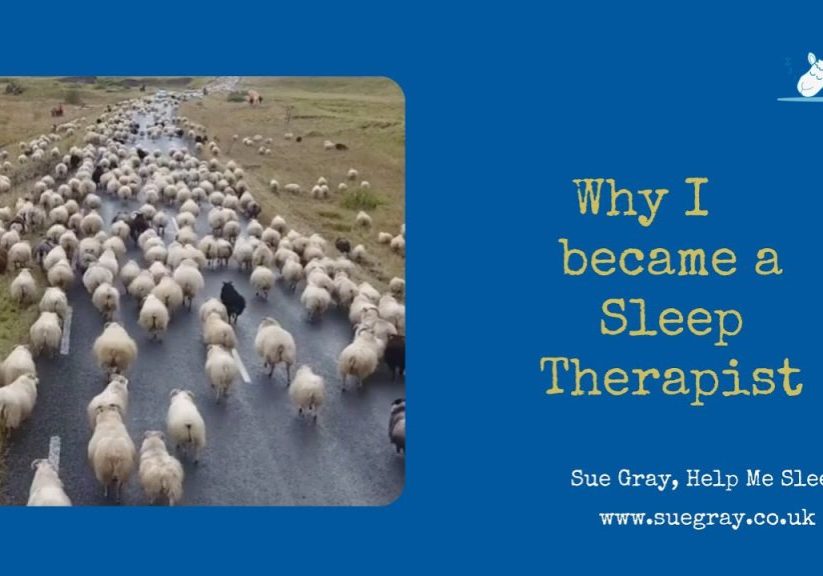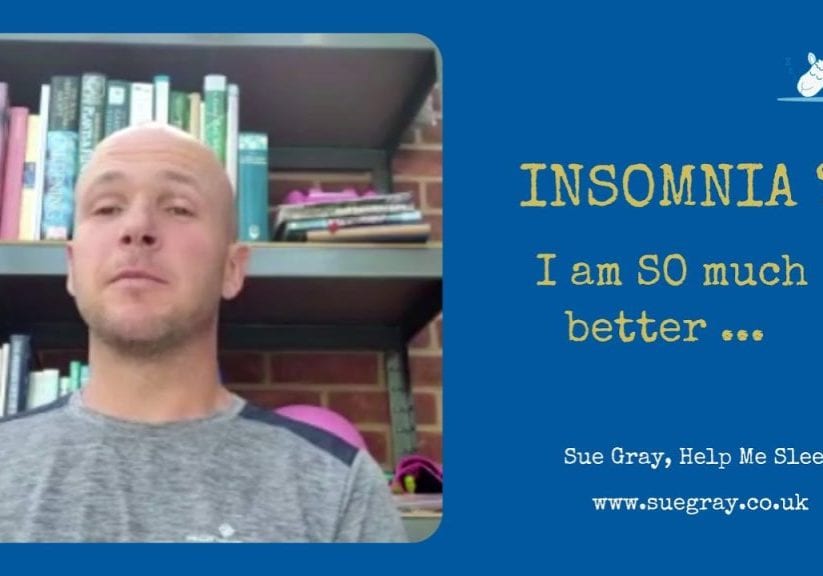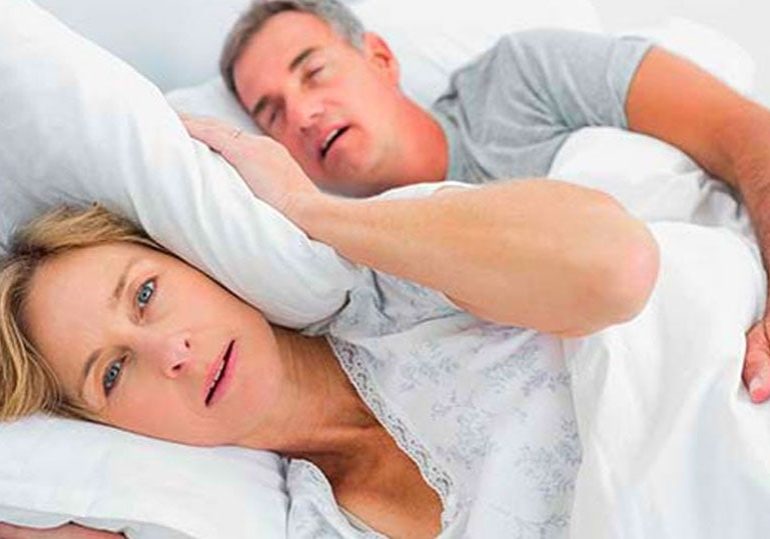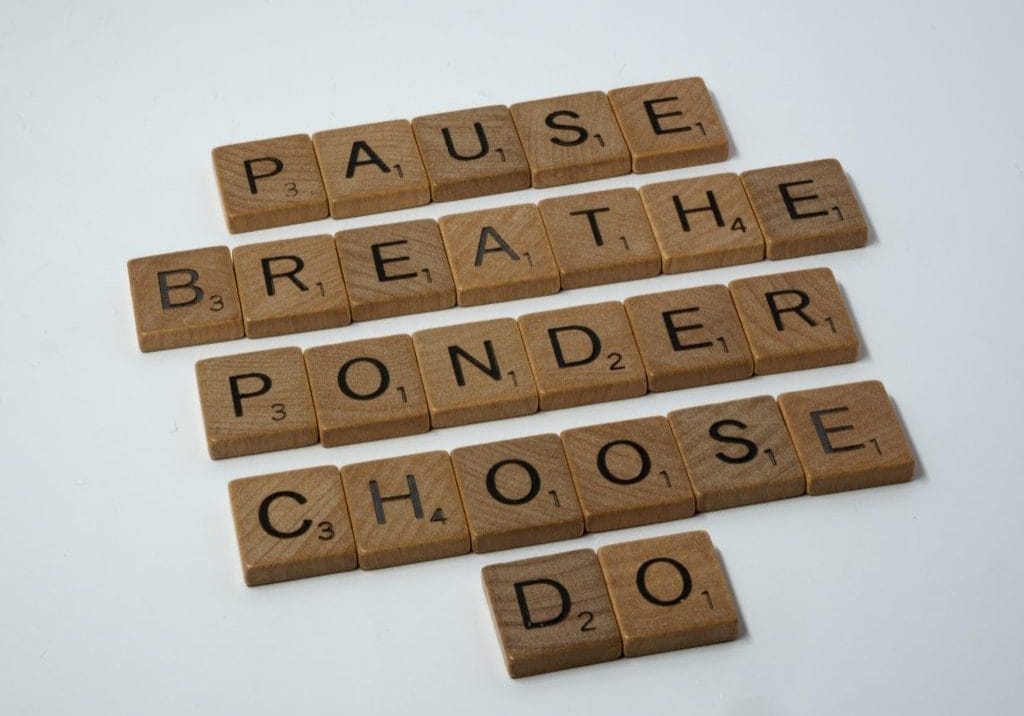Understanding how sleep works and the different Sleep Stages and Sleep Cycles, can help on a practical level – especially if you worry about waking in the night, or why it may be very hard to wake someone – a teenager perhaps, and why sometimes when the alarm goes off you get up feeling groggy and bad-tempered.
- We sleep in cycles of 90 to 120 minutes throughout the night. in that time, we cycled through the different stages of sleep. There is four / five sleep stages – non-REM and REM sleep (some people say 4, others say 5).
- Sleep is divided into REM sleep (Rapid Eye Movement sleep) and non-REM sleep. The first 3/4 stages of sleep, are non-REM Sleep, and the fifth is REM Sleep and is when we dream.
- We cycle through the different stages of sleep, roughly five times a night – sleep cycles.
- Each sleep cycle lasts 90 – 120 minutes and each sleep stage in each sleep cycle usually lasts between 5 to 15 minutes.
- REM sleep usually occurs 90- 120 minutes after sleep onset.
- No one sleep stage or cycle is more important than another. It seems that memory consolidation requires both REM and non-REM sleep.
The best time to wake up is as you naturally start to surface. If your sleeping pattern is regular, you may be able to work it out by looking at your Sleep Tracker. Otherwise, assume you are sleeping in 90-minute cycles and set your alarm for what you anticipate will be the end of a cycle. Refine as necessary!
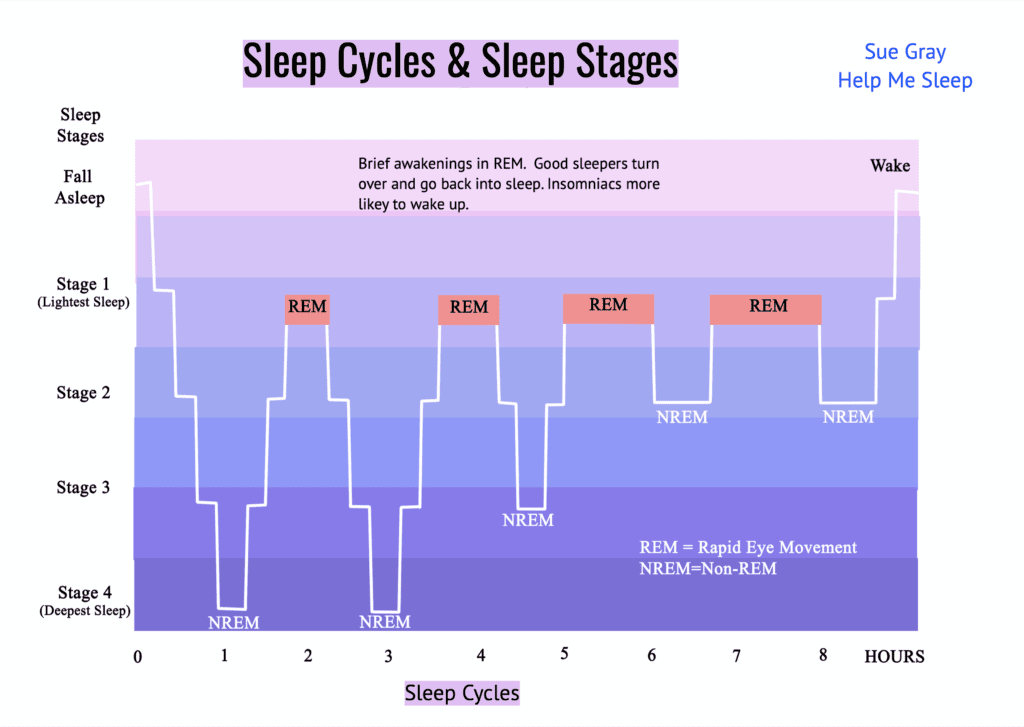
Non-REM Stage 1 Sleep
This non-REM sleep happens as you start to drift off to sleep and generally lasts only a few minutes. . If you get woken up, you may feel you have not slept at all. Stage 1 may last for five to ten minutes and is when-
- eyes close
- level of activity in the mind and body decreases by around 50%
- heartbeat and breathing slow down
- muscles begin to relax
- your body temperature drops
- you produce alpha and theta brain waves
Non-REM – Stage 2 Sleep
In the next stage of non-REM sleep, your mind and body continue to relax. You are still in light sleep and this lasts for roughly 25 minutes. Your body prepares to enter deep sleep. During this stage your:
- heartbeat and breathing slow down further
- body temperature continues to drop
- eye movements stop
- brain waves sloe but there are brief bursts of electrical activity which show up as spikes called “sleep spindles”
It is important to note that you spend most of the night in this light sleep. Sleep trackers can result can cause worry if you are not aware of this!
Non-REM Stages 3 & 4 Sleep
This is deep, slow-wave or delta sleep, with Stage 4 being more intense than Stage 3. These are the deepest sleep stages. Your body heals and repairs and resets in these final non-REM stages. It occurs in the first half of the night and lasts about 10 – 15 minutes each time. This is when:
- arousal from sleep is very difficult – and you may feel very groggy for quite a while
- heartbeat and breathing slow to their lowest levels
- no eye movements
- muscles are fully relaxed
- delta brain waves are present
- tissue repair and growth
- cell regeneration occurs
- immune system strengthens
Stage 5: REM sleep
REM (Rapid Eye Movement) sleep is very different. It is called REM as your eyes do actually move rapidly from side to side behind closed eyelids. You enter REM Sleep (rapid eye movement) sleep about 90 minutes after you fall asleep. REM sleep lasts roughly 10 minutes the first time, increasing with each REM cycle up to about 60 minutes. So as Deep Sleep reduces REM sleep increases. In REM Sleep:
- we do most of our dreaming and cerebral activity increases
- eye movements become rapid
- blood pressure and heart rate increases – to almost the same as when we are awake
- breathing speeds up and can become erratic
- limb muscles become temporarily paralysed so that we cannot act out our dreams
- muscles in the face, fingers and legs may twitch
- brain activity is markedly increased
People with REM Sleep Disorder, or Sleep/Wake Pattern disorder, may not experience all of these signs. As we age, we spend less time in REM SLeep.
Most people briefly wake up during REM sleep, but do not remember doing so, or drift straight back down. People who wake in the night and find it hard to get back to sleep, are not drifting back down. Just knowing that it is natural to wake at this stage in each sleep cycle, a number of times a night, can help people stop worrying and so sleep better.


